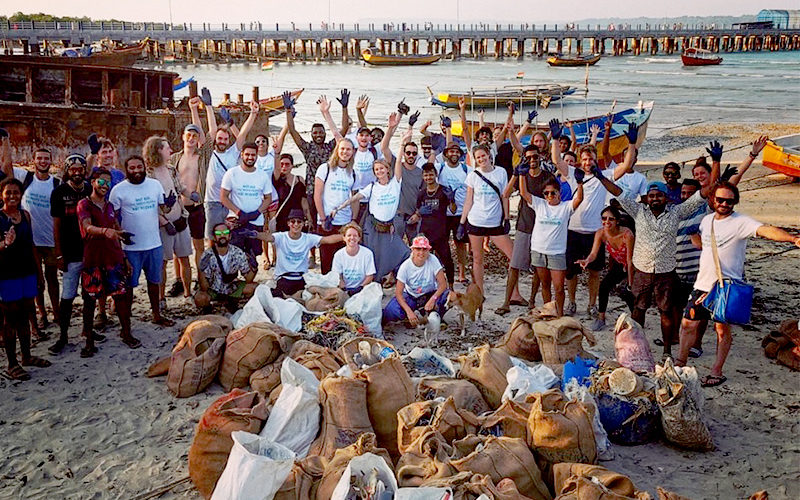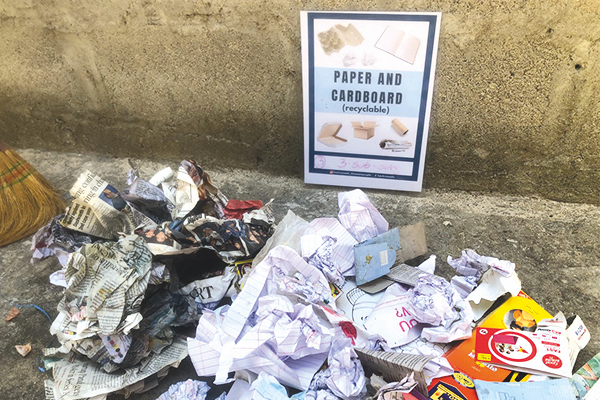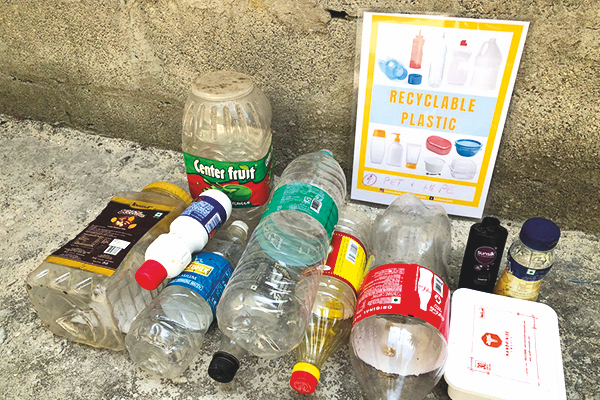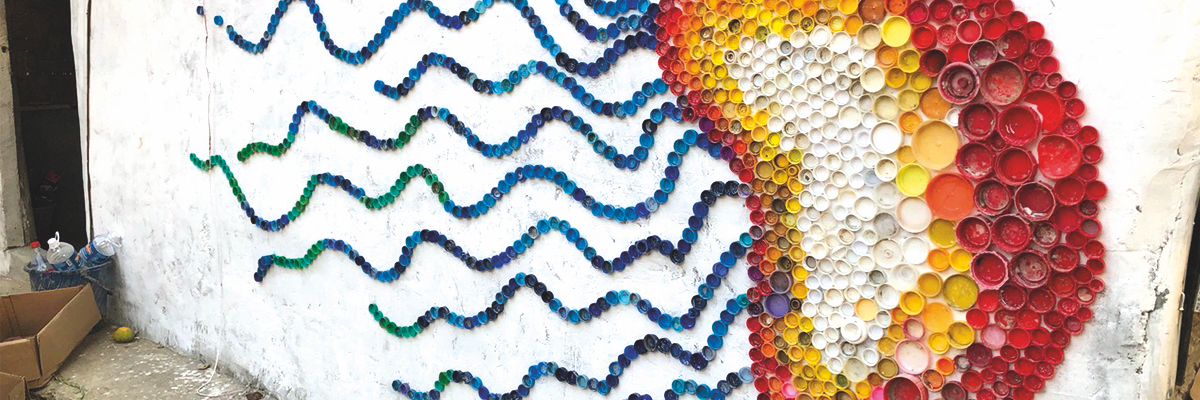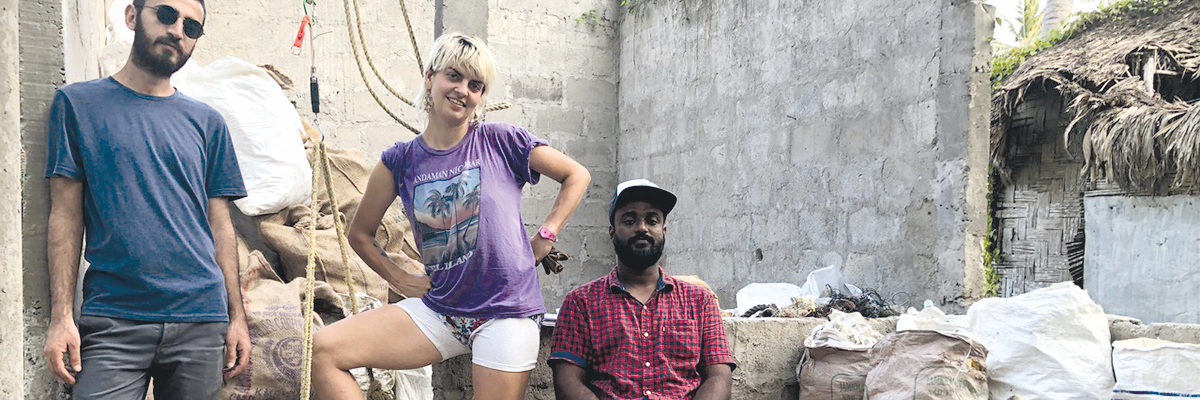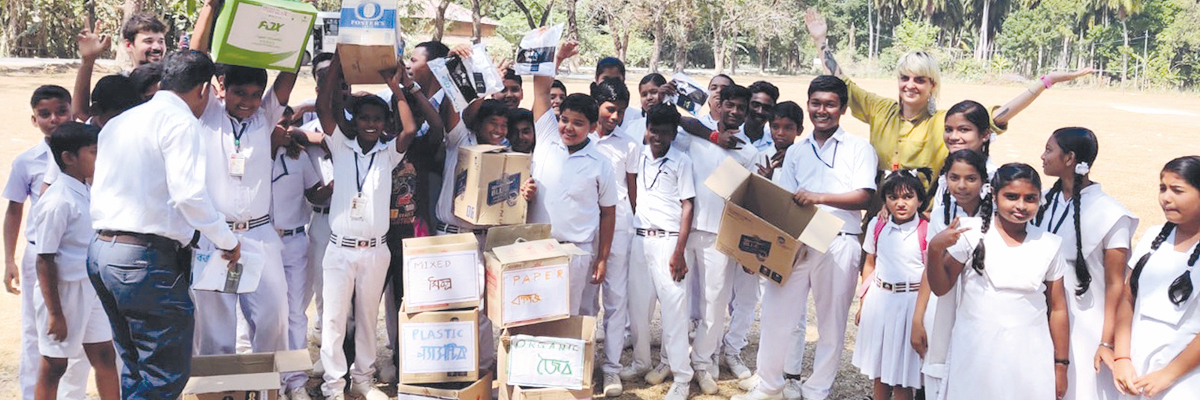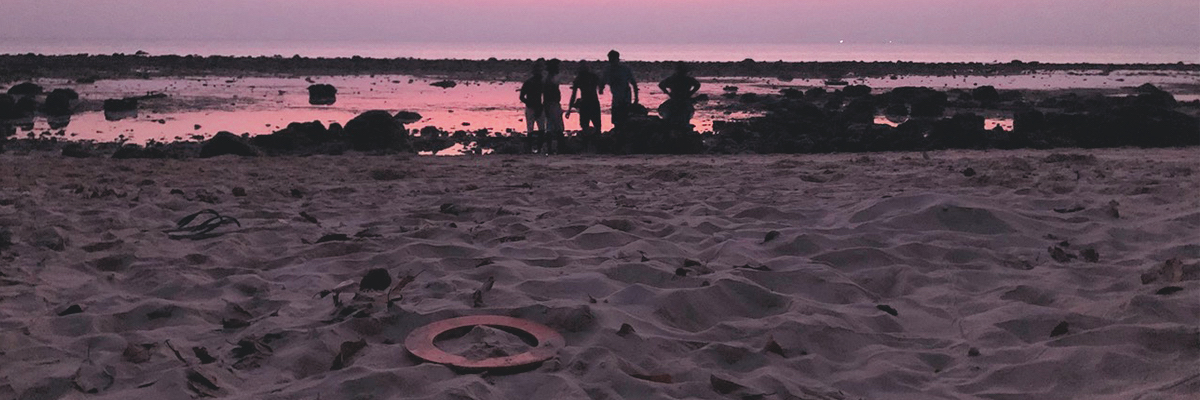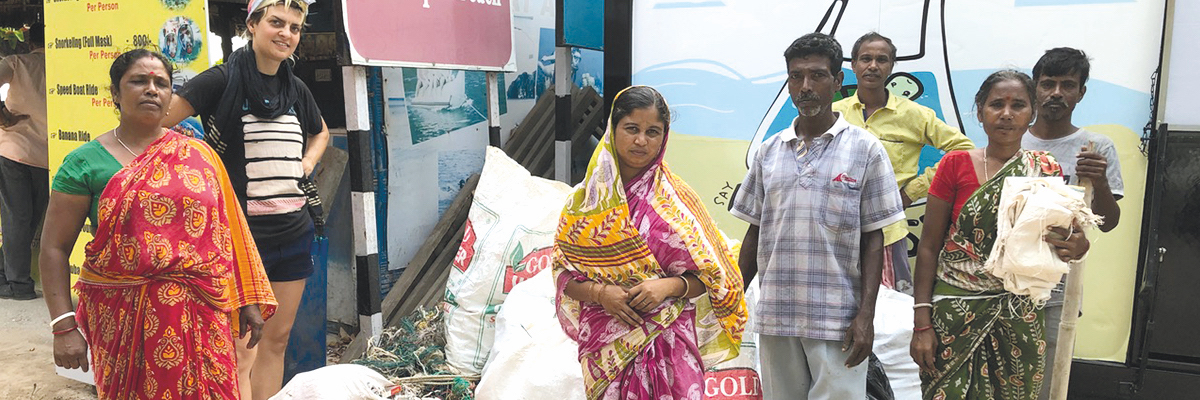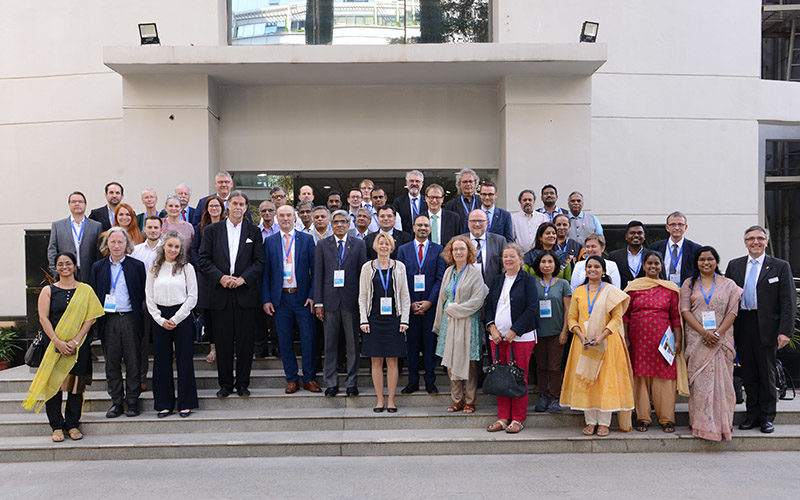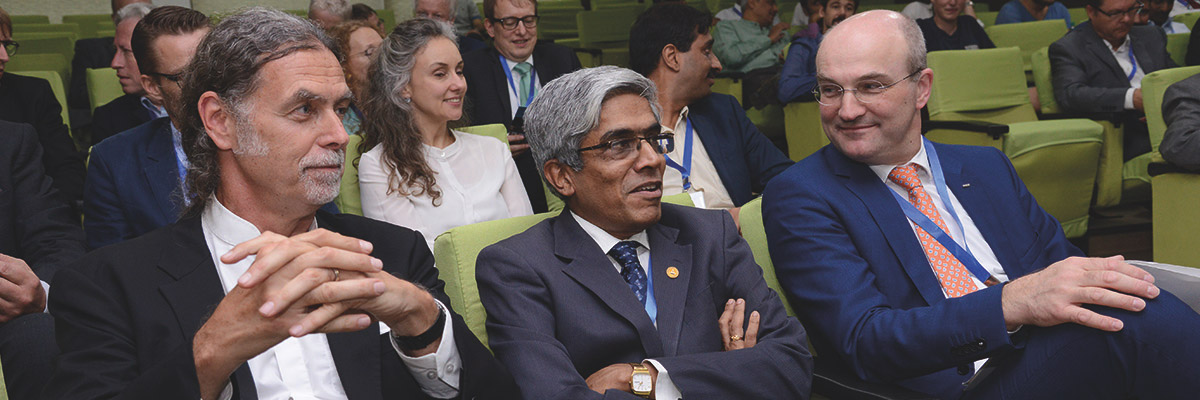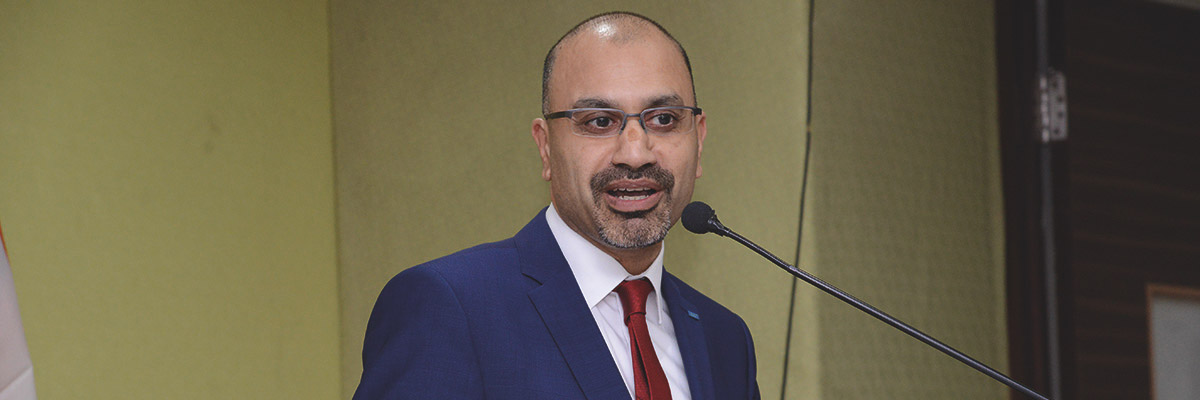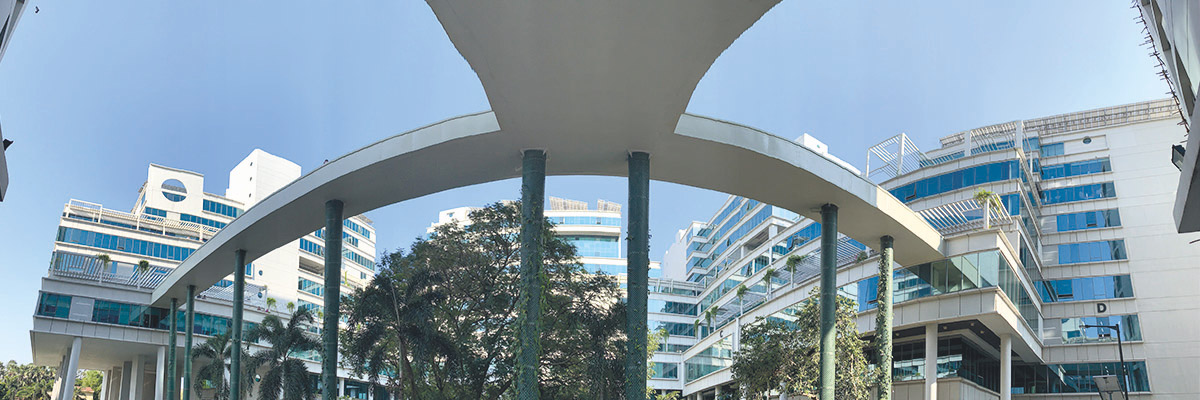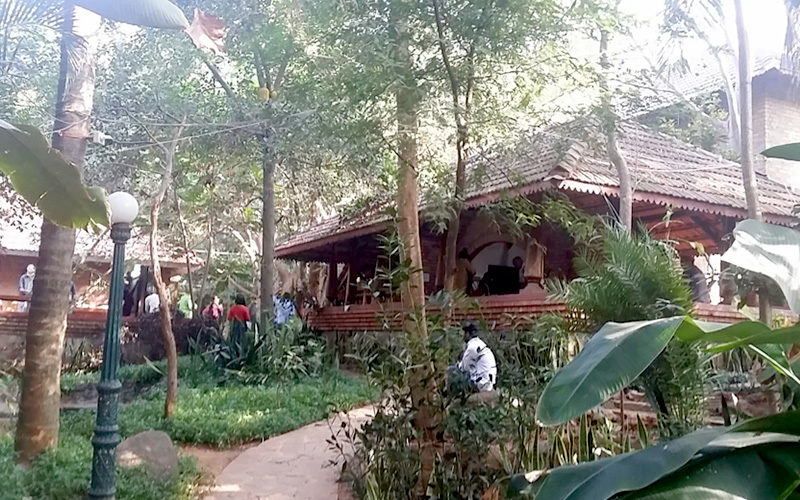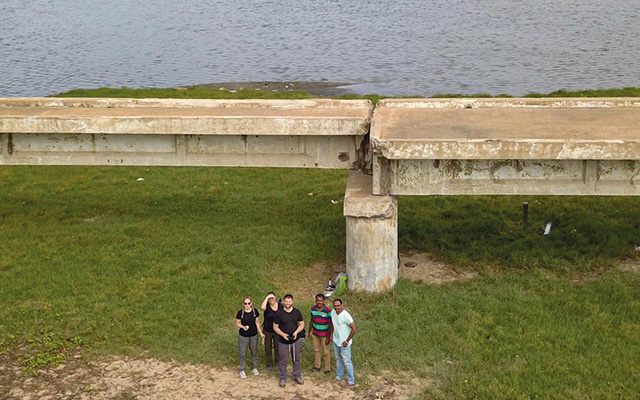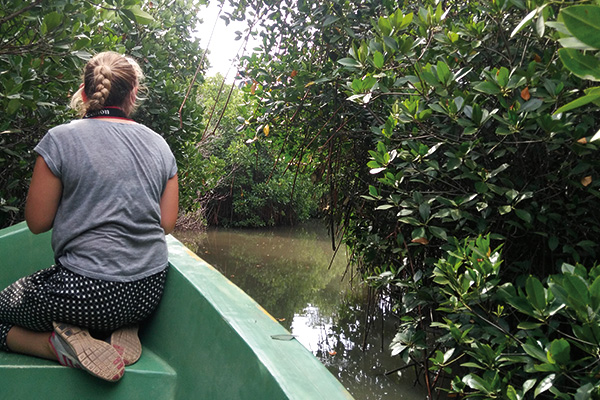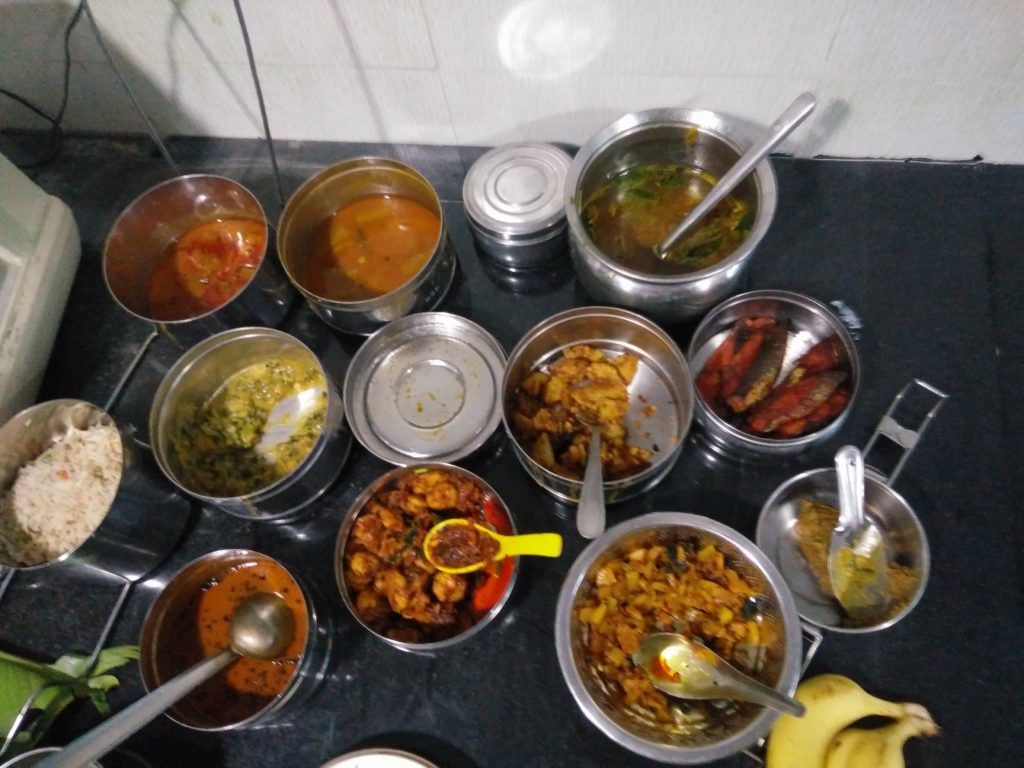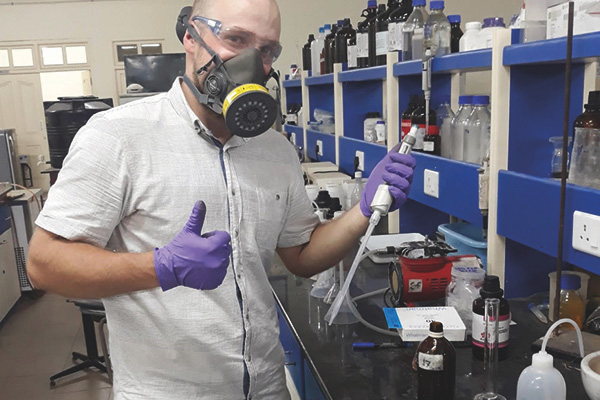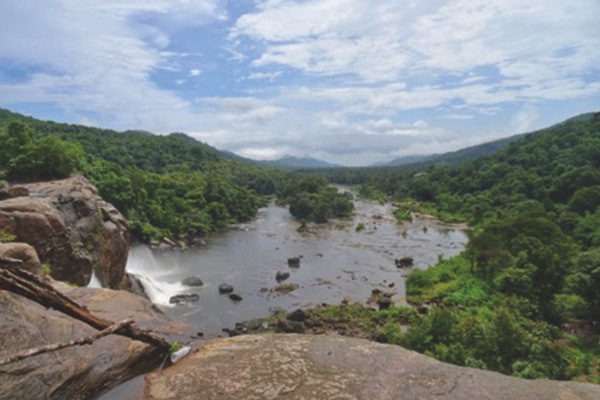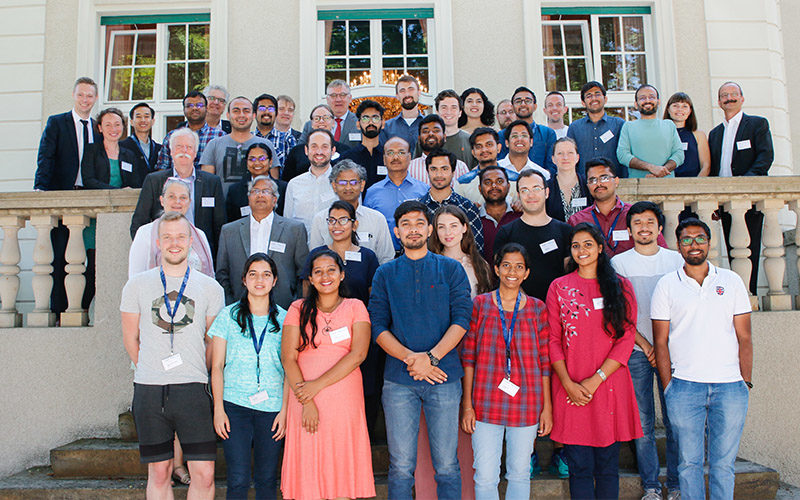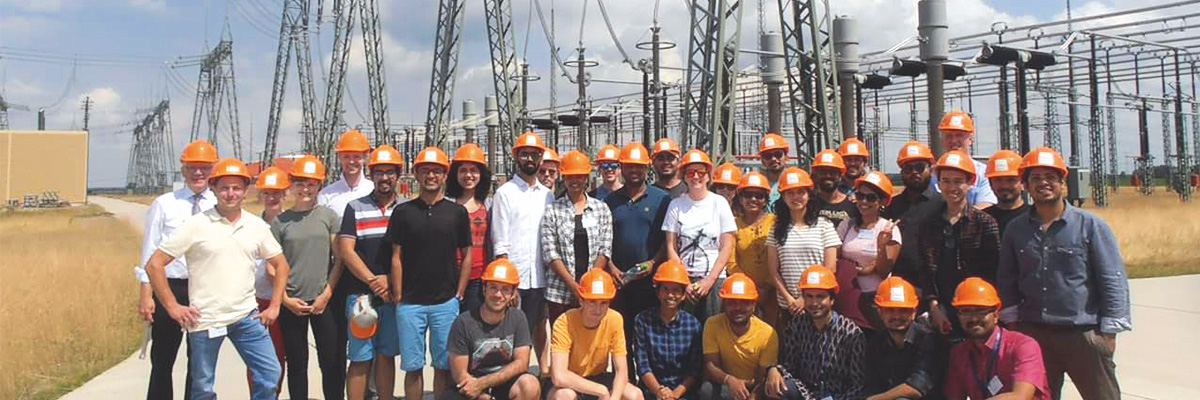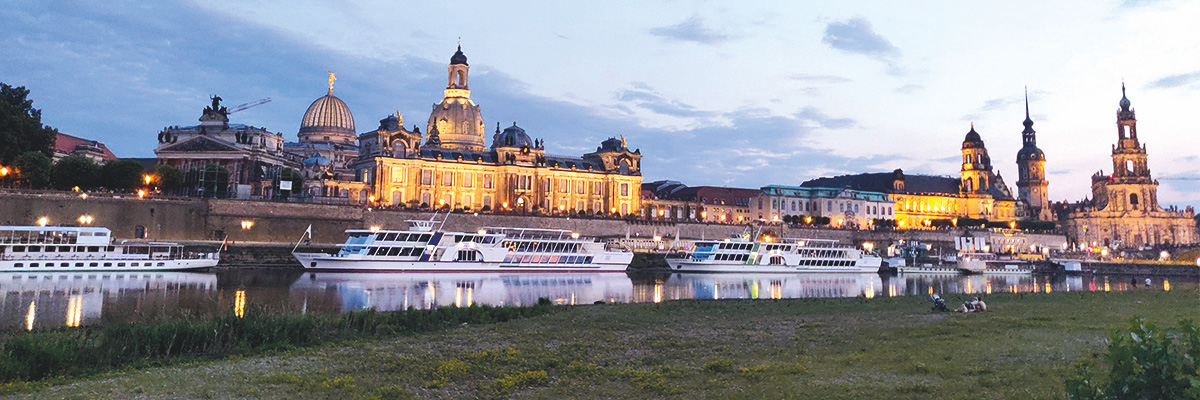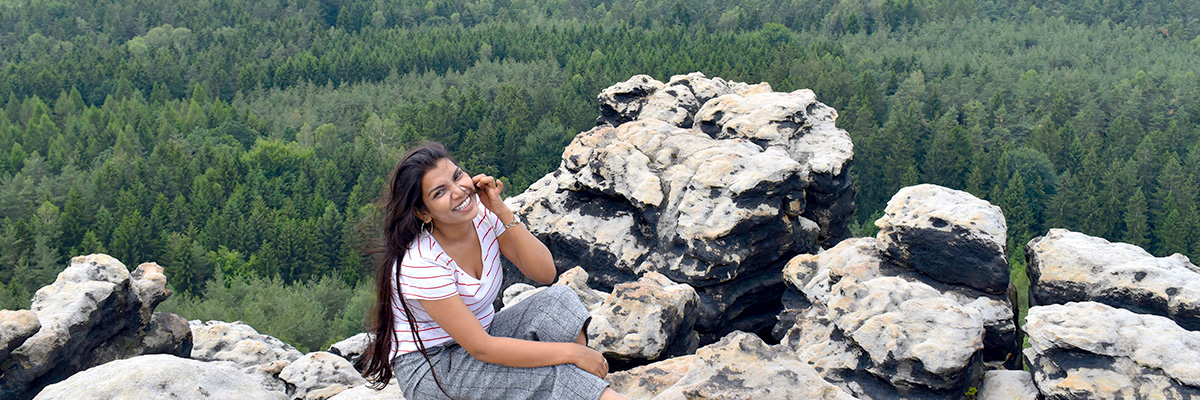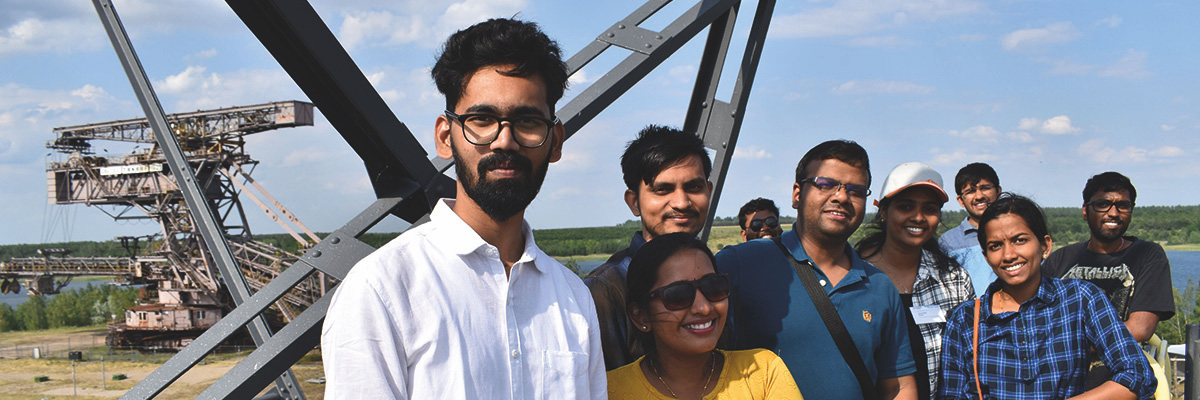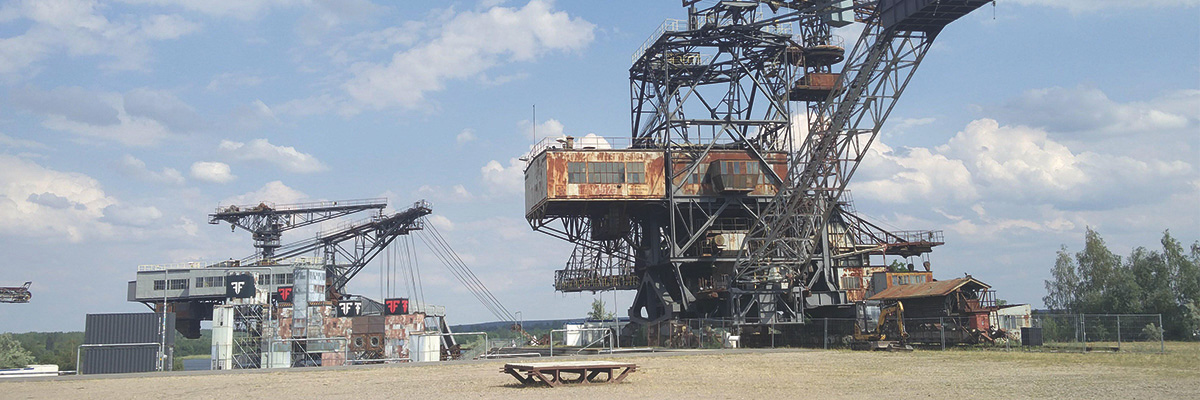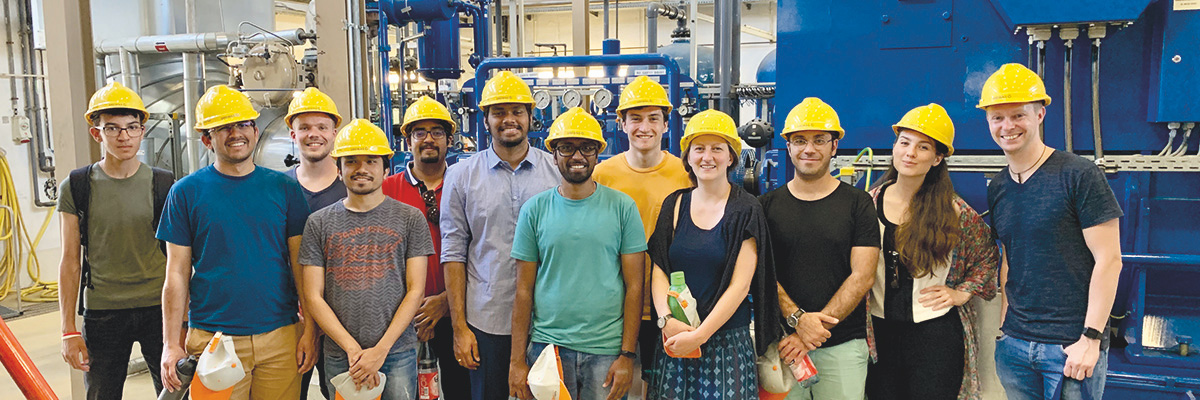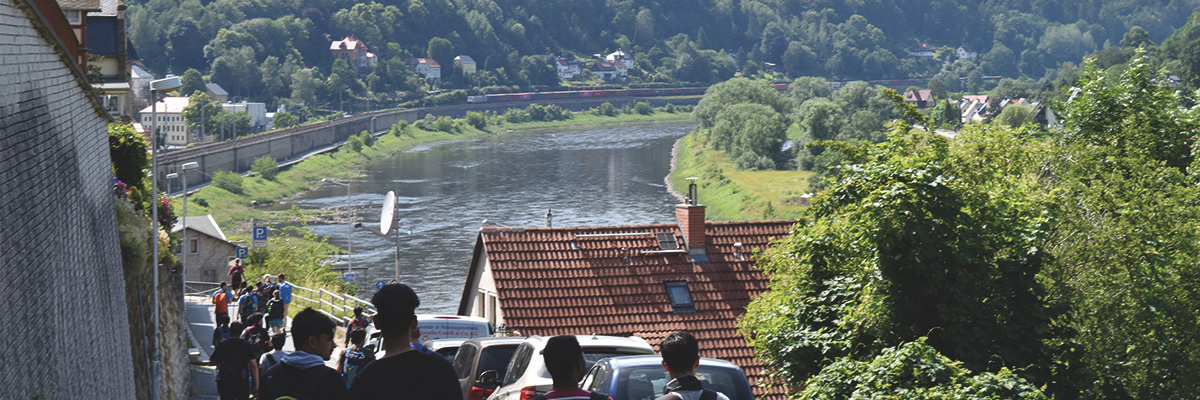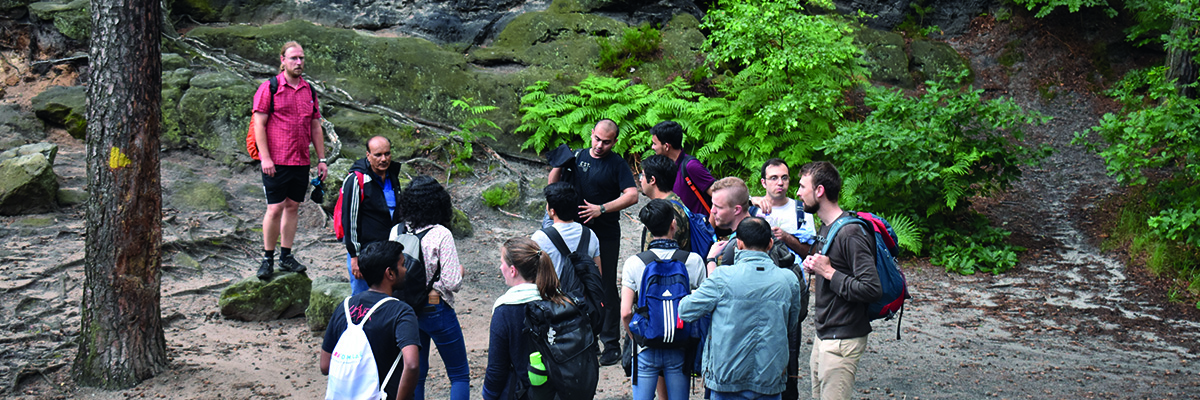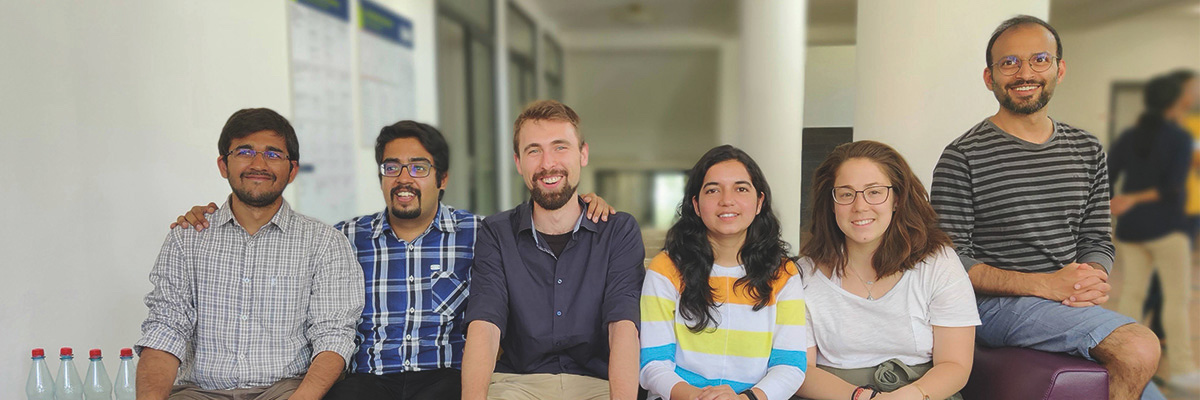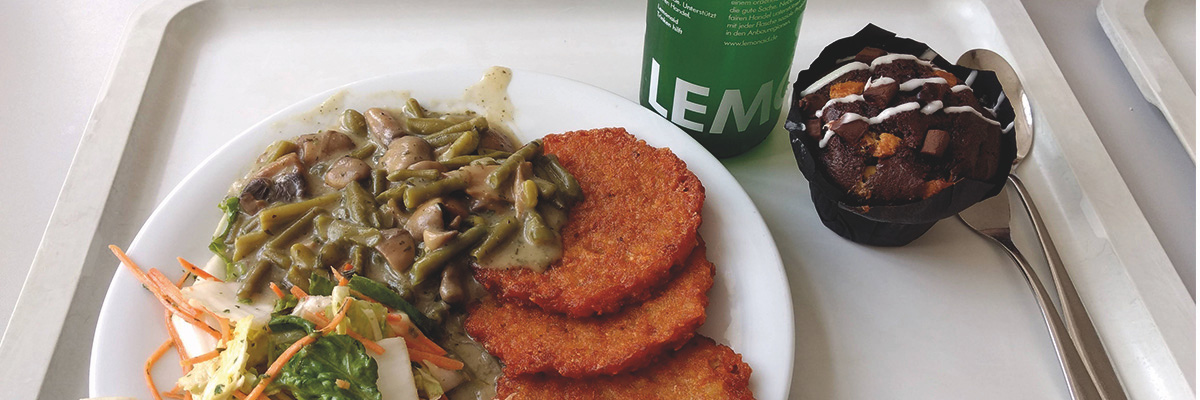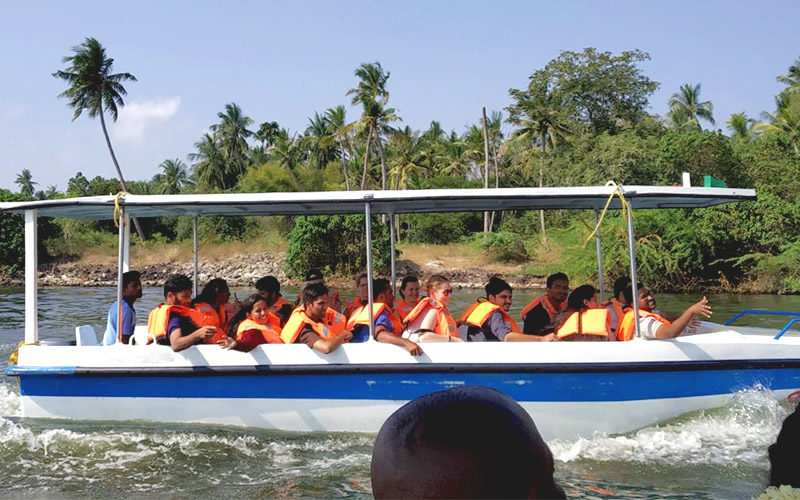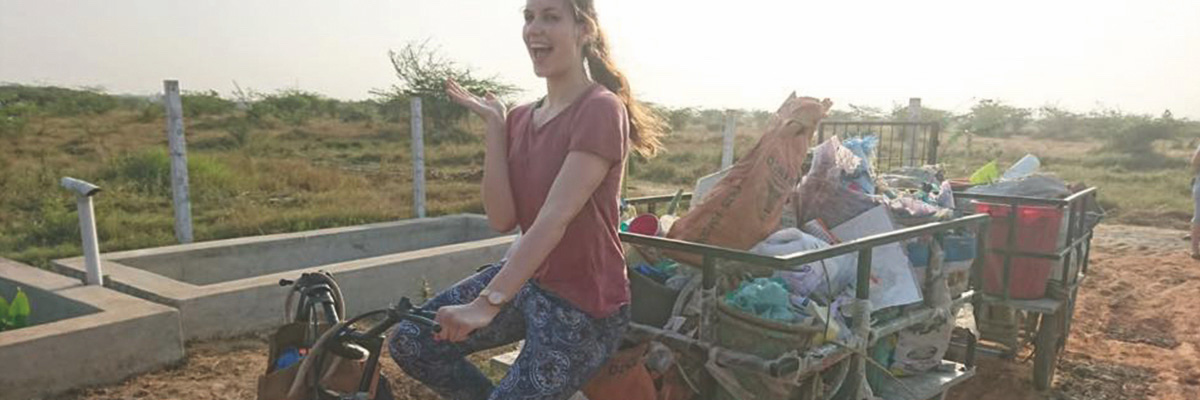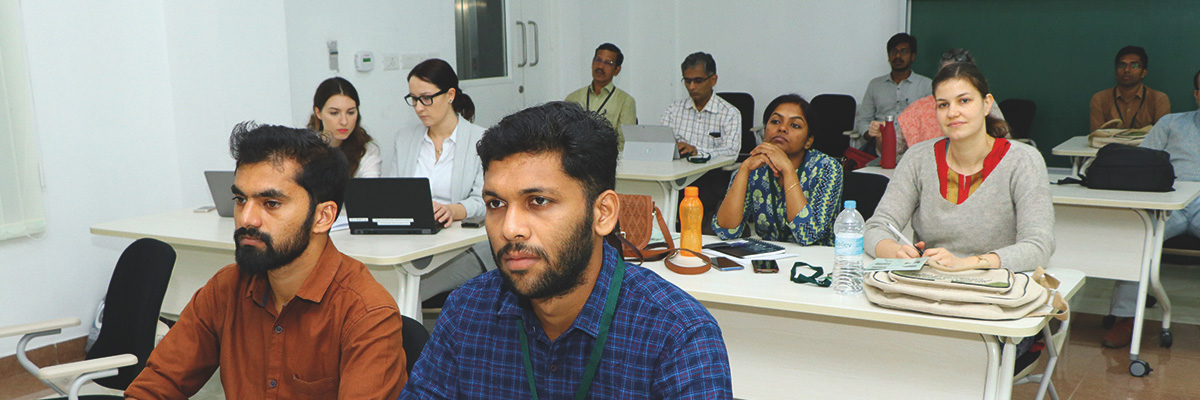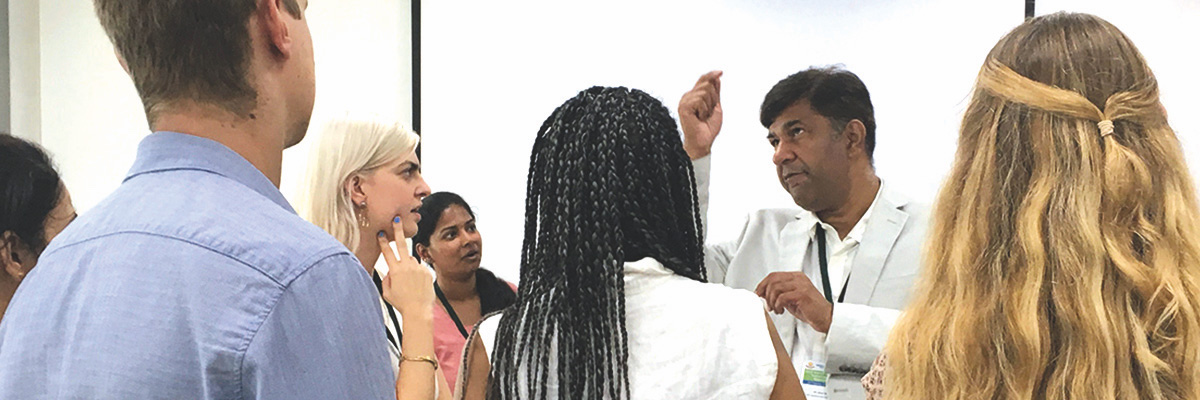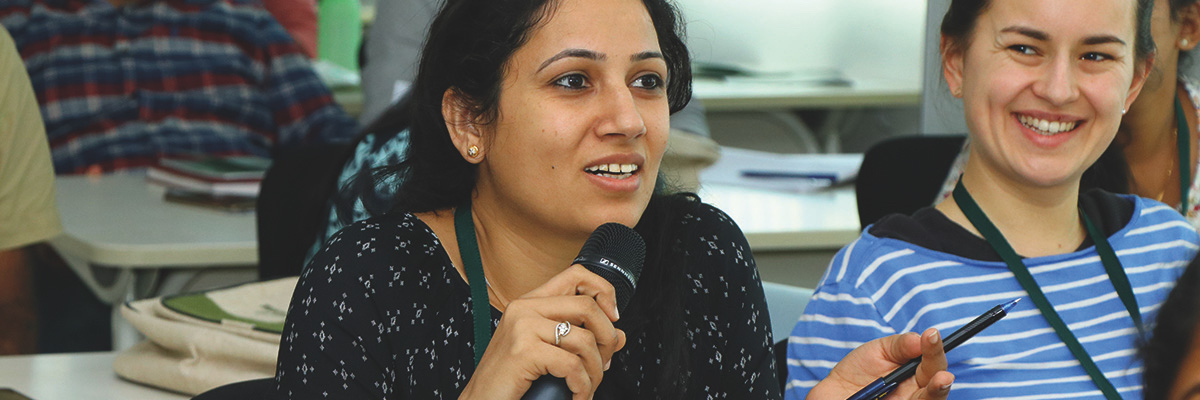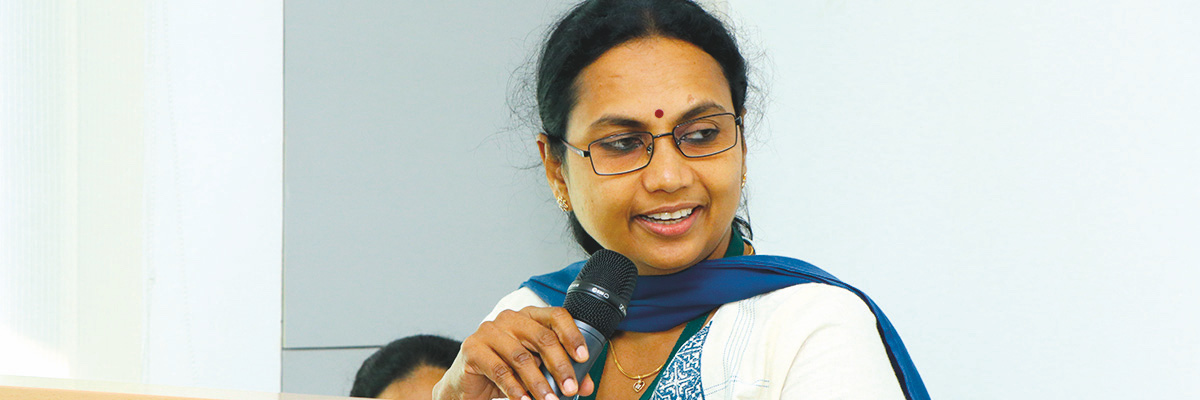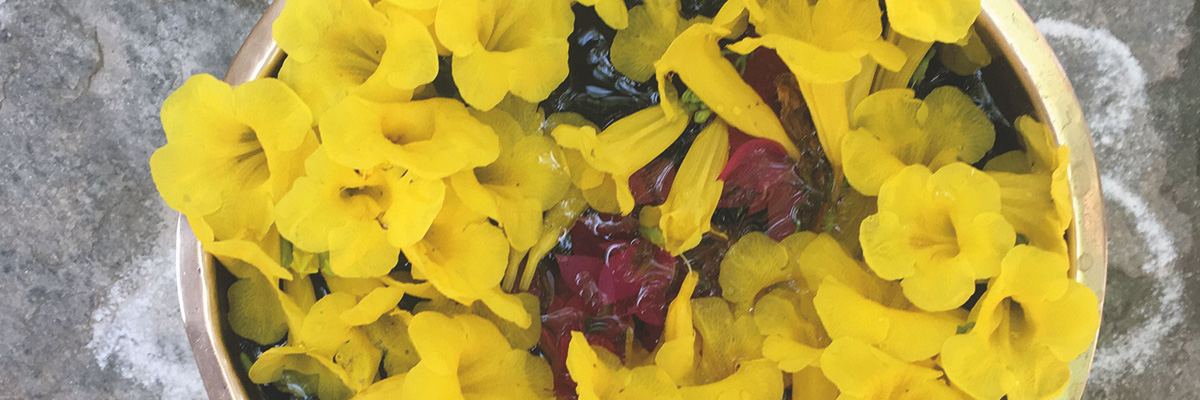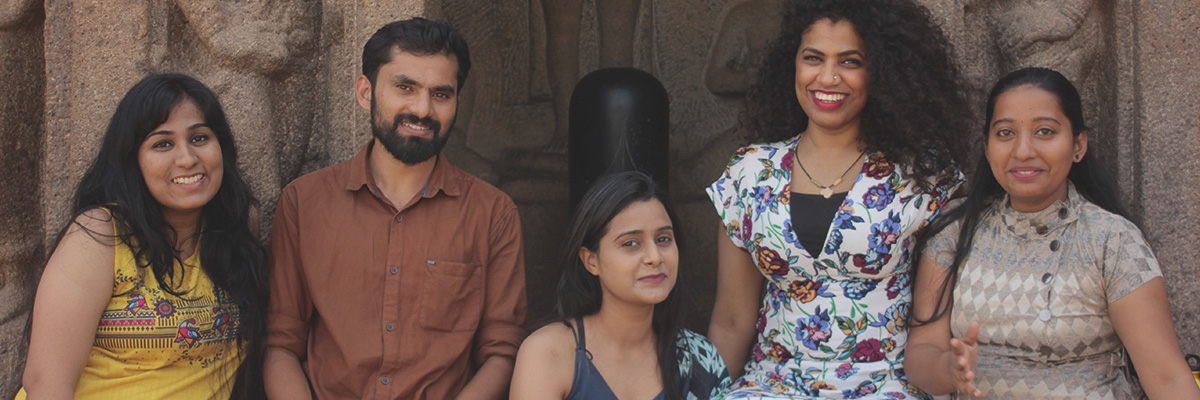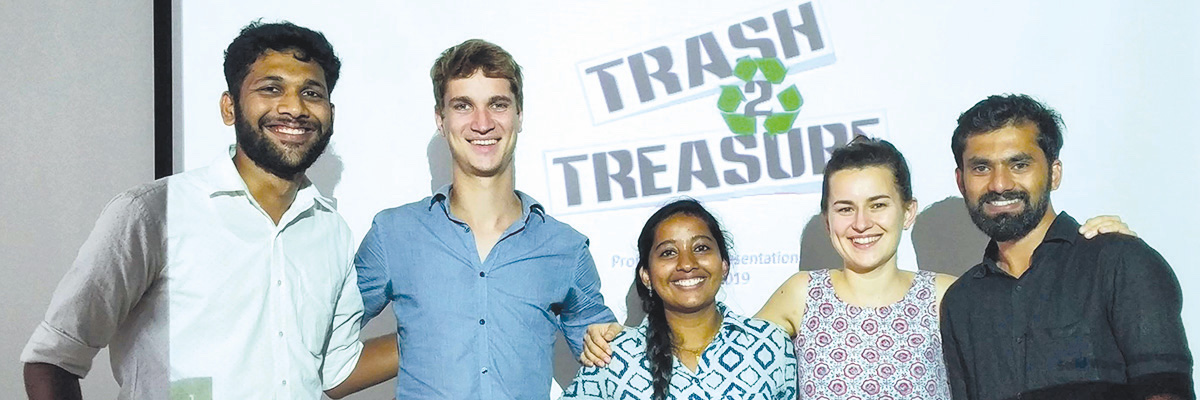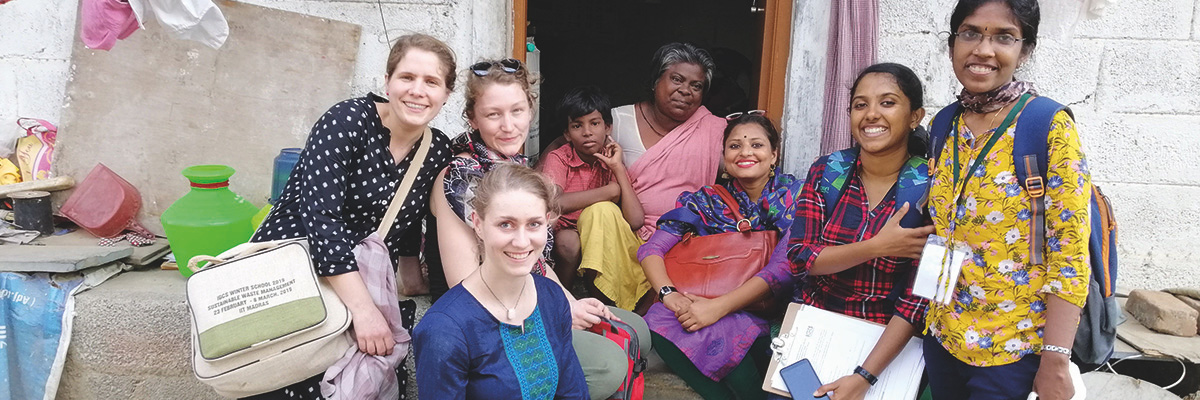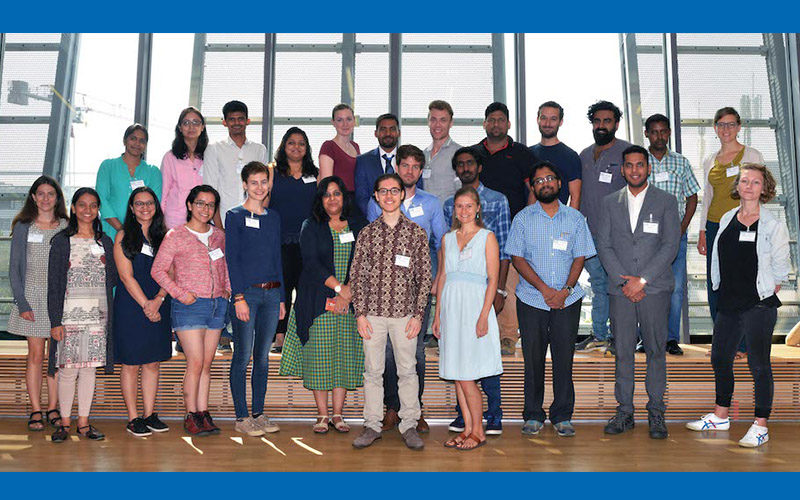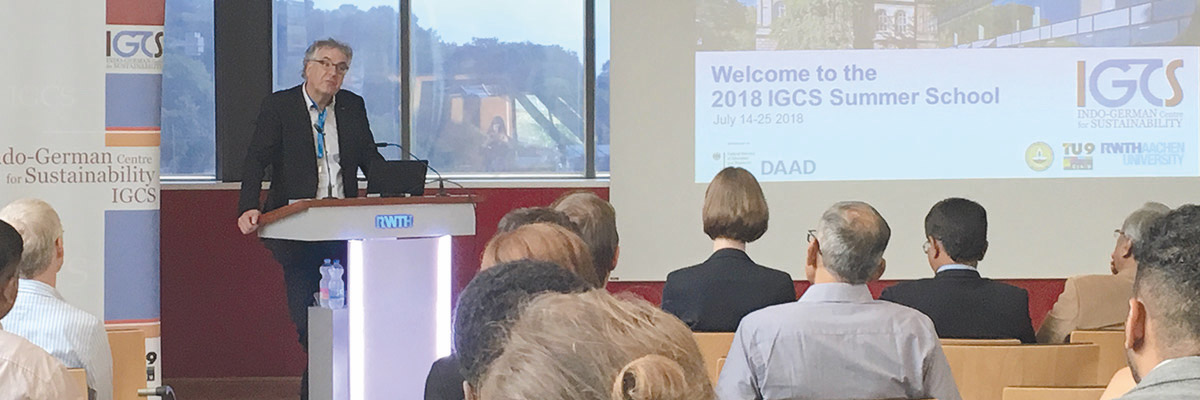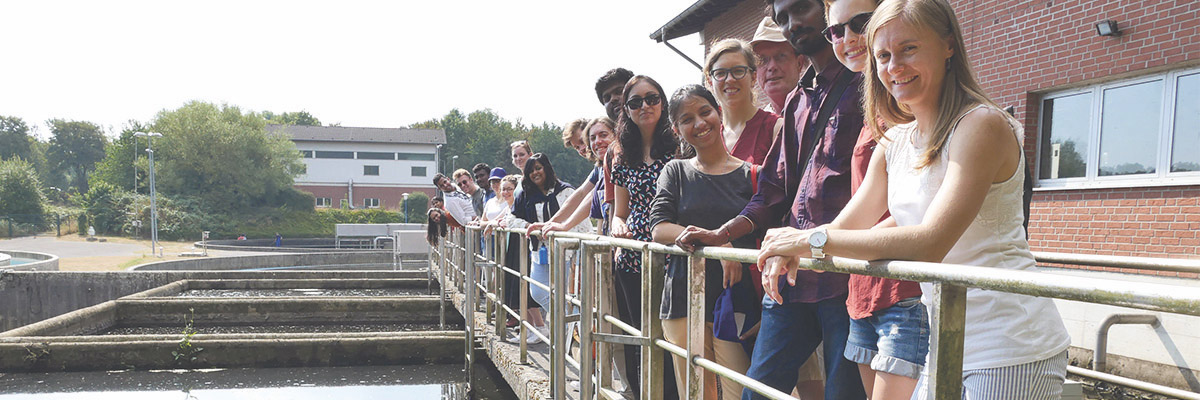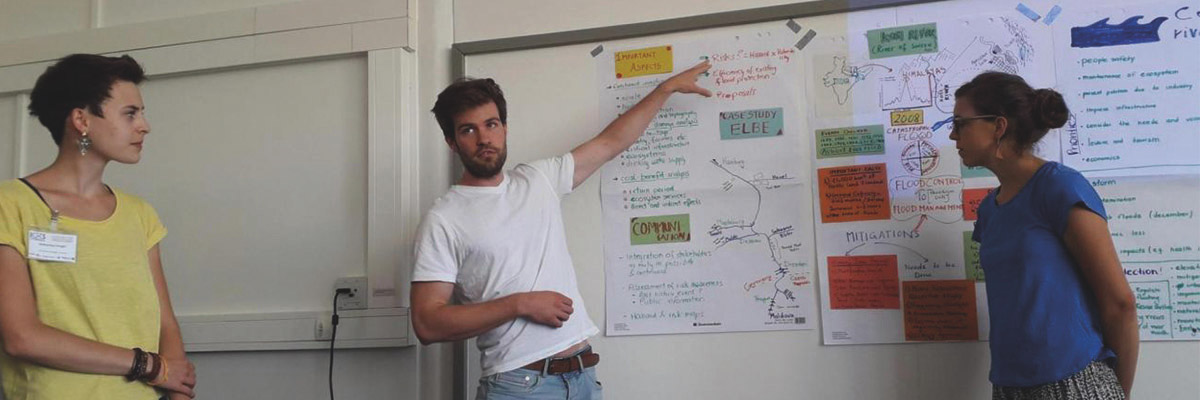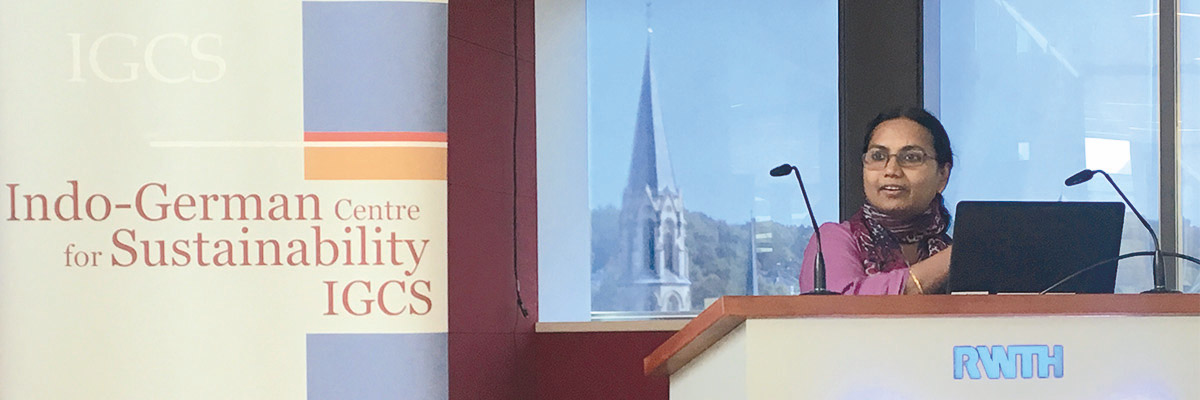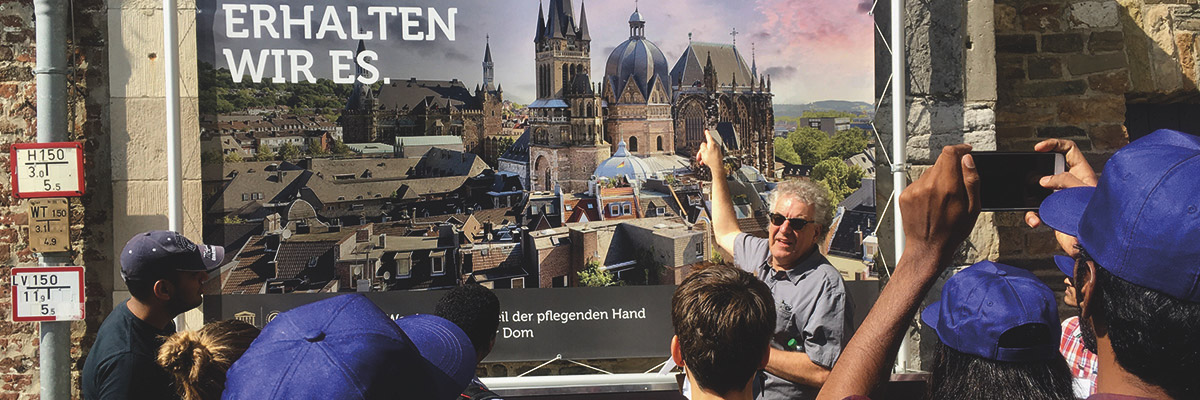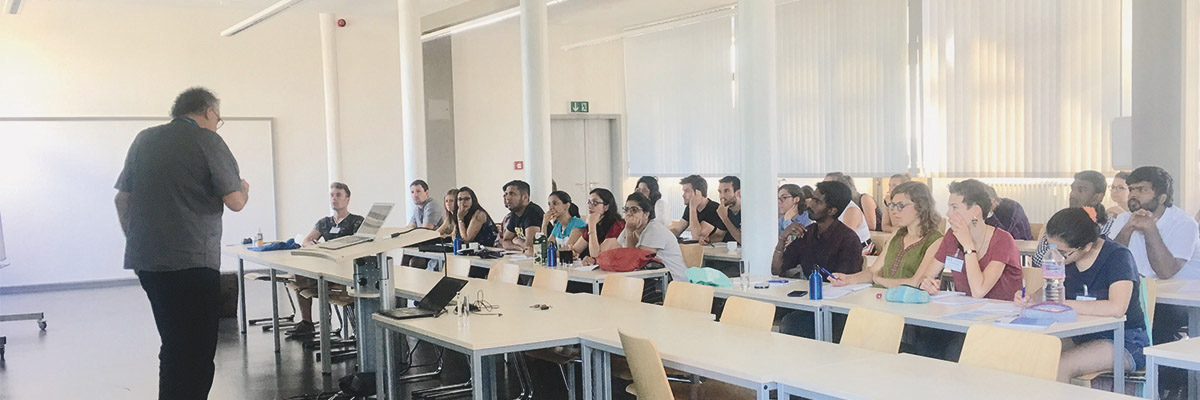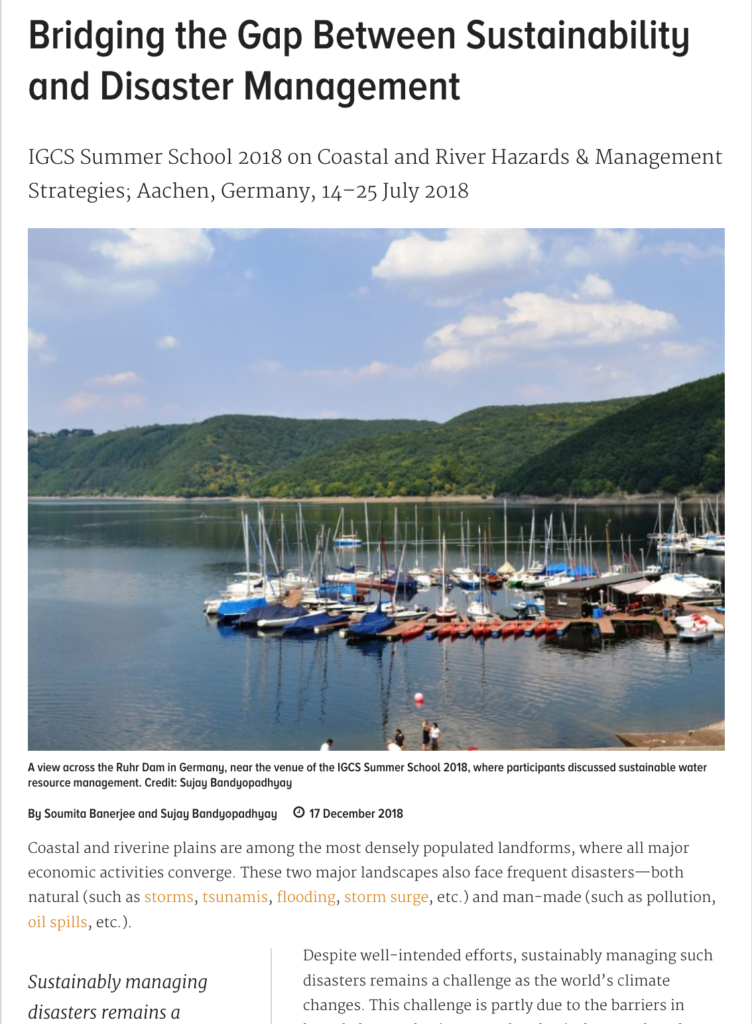part-time employment may be possible
Our background:
In 2010, the Indian Institute of Technology Madras (IITM) and several German universities jointly established the IndoGerman Centre for Sustainability (IGCS), located on the IITM campus in Chennai (India), as a platform for international academic exchange and interdisciplinary research collaboration on major sustainable development issues. In Germany, the IGCS activities are supported by the ‘TU9’ group of Technical Universities (led by RWTH Aachen University) and Christian-Albrechts-Universität Kiel. Focus areas of sustainability education and research relate to water (Kiel University), waste (TU Stuttgart), land use and rural/urban development (RWTH Aachen), as well as energy (TU Berlin).
The IGCS is part of the initiative “A New Passage to India” by the German Academic Exchange Service (DAAD) and receives funding from the German Federal Ministry for Education and Research (BMBF) via DAAD and from the Dept. of Science and Technology, Government of India. Since its inception, the IGCS offers short-term Winter/Summer Schools on various sustainability topics, workshop participations, as well as short- and long-term research stays to students and researchers both from India and Germany at IGCS Chennai or the German partner universities. German and IITM academic staff closely collaborate both in teaching and research.
At the Chair of Energy Process Engineering and Conversion Technologies for Renewable Energies research and networking activities between India and Germany concerning the topic of energy should be developed (further). This also includes spending several months a year at IIT Madras. Thereby, under consideration of already existing research fields at the department, the following priorities should be set:
- Resilience of power grids
- Biomass and organic waste for the energy sector
- Desalination of seawater
Furthermore, a key task is networking with partner institutions, which includes state agencies in India and Germany as well as the consolidation of existing networks within the IGCS, and the promotion of research and teaching cooperation. This includes own teaching activities at the IIT Madras. Additionally, the objective is to form a close interaction with the other IGCS core areas.
Faculty III – Institute for Energy Technology / Energy Process Engineering and Conversion Technologies for
Renewable Energies
Reference number: III-531/20 (starting at the earliest possible / until 31/12/22 / closing date for applications 04/12/20)
Working field:
You should conduct research projects and teaching together with IGCS colleagues in different formats (e.g. lectures at IITM and your home university in Germany, create content for workshops, teach and supervise Summer and Winter School students). With the support of the Indian and German project coordinators, you will actively contribute to organizing events. Furthermore, you will be a point of contact for exchange students and scientists who are planning their stay in Chennai. The majority of your work time you are required to spend at the IGCS office at IITM in Chennai, at least six of twelve months and preferably all year. You will be able to solicit research grants in Germany (e.g. DFG, industry) and collaborate with IGCS’ area coordinators in Indian research projects, engage in IGCS activities and support in teaching.
Requirements:
- Successfully completed university degree (Master, Diplom or equivalent) and PhD degree and offer a strong research track record in any of the above-mentioned field of sustainable research (Resilience of power grids, Biomass and organic waste for the energy sector, Desalination of seawater)
- Experience in teaching her/his subject
- Fluent in English and German
Prerequisite:
- Ability and willingness to travel to India for several months
Desired:
- Work-abroad experience and knowledge of the region
You are expected to engage in interdisciplinary research and to design your own project ideas and focus areas in India.
Please send your application with the reference number and the usual documents (combined in a single pdf file, max. 5 MB) by email to Prof. Dr. Frank Behrendt (frank.behrendt@tu-berlin.de).
By submitting your application via email you consent to having your data electronically processed and saved. Please note that we do not provide a guaranty for the protection of your personal data when submitted as unprotected file.
Please find our data protection notice acc. DSGVO (General Data Protection Regulation) at the TU staff department homepage: https://www.abt2-t.tu-berlin.de/menue/themen_a_z/datenschutzerklaerung/ or quick access 214041.
To ensure equal opportunities between women and men, applications by women with the required qualifications are explicitly desired. Qualified individuals with disabilities will be favored. The TU Berlin values the diversity of its members and is committed to the goals of equal opportunities.
Technische Universität Berlin – Der Präsident – Fakultät III, Institut für Energietechnik, FG Energieverfahrenstechnik und Umwandlungstechniken regenerativer Energien, Prof. Dr. Frank Behrendt, Sekr. GG 1, Seestr. 13, 13353 Berlin
The vacancy is also available on the internet at http://www.personalabteilung.tu-berlin.de/menue/jobs/

